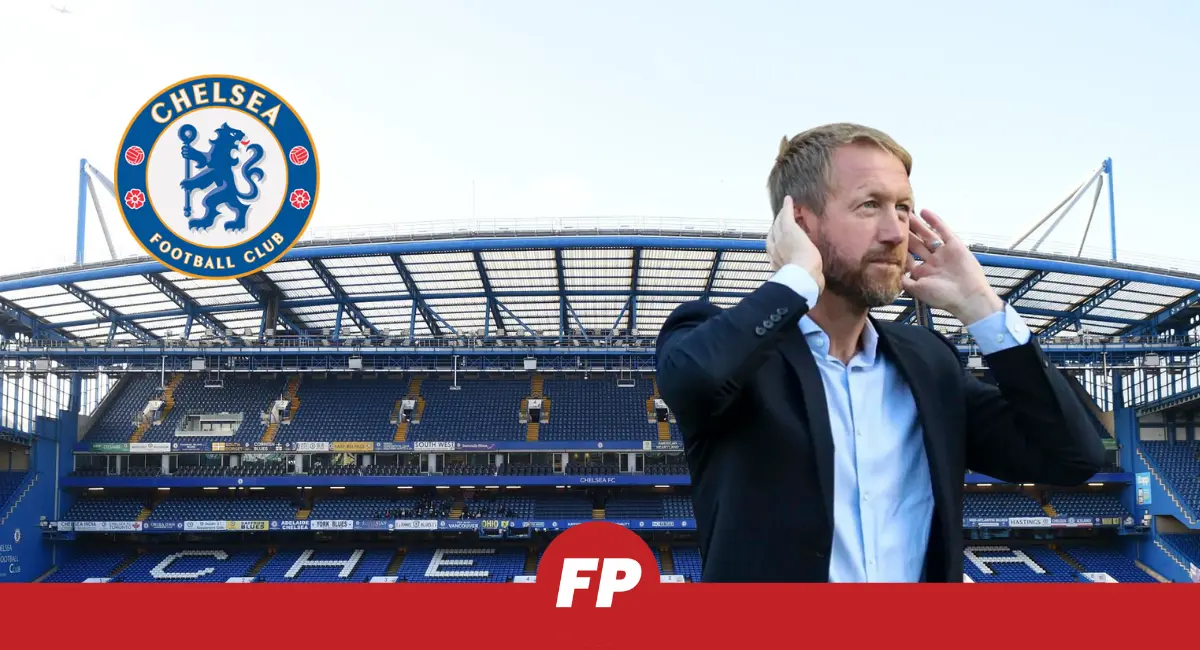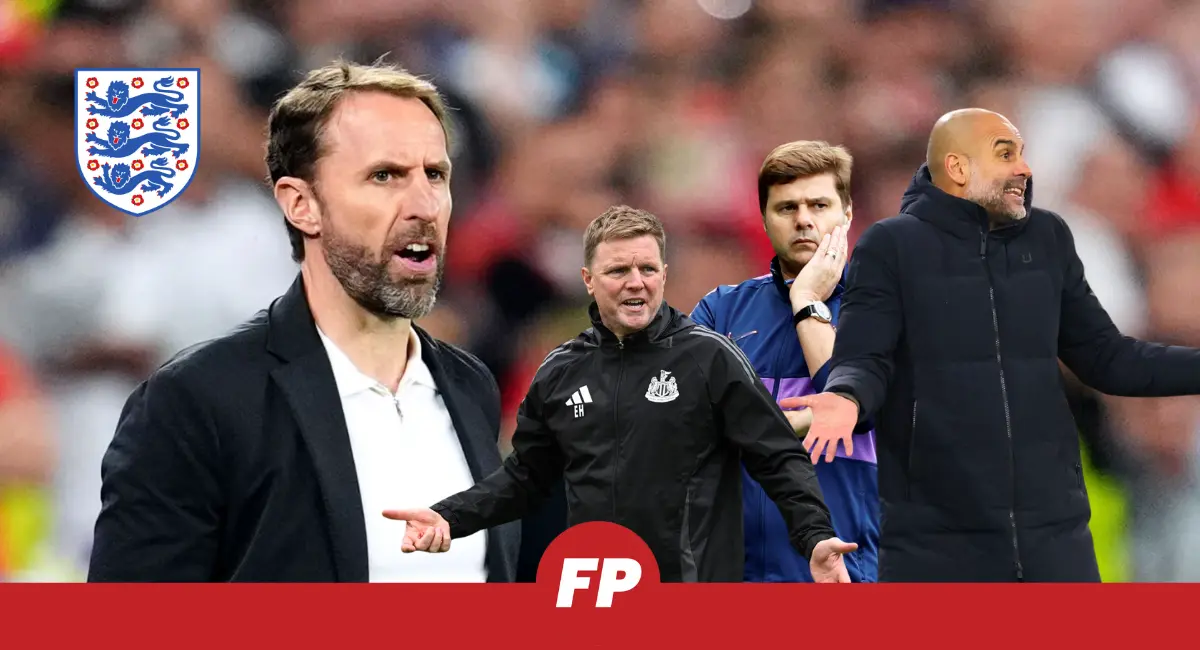The Premier League recently held a meeting to discuss their FFP (Financial Fair Play) rules with clubs including Chelsea, Tottenham, and Arsenal – but what was it all about?
What is Premier League FFP?
Premier League financial fair play rules were established by the league to control the spending gap between different size clubs participating in the league.
The aim of the set of rules was to eliminate or reduce the inequality in spending between the league’s largest clubs and those below them who don’t have the same kind of financial backing.
It was also key to making sure that clubs don’t spend more than they earn in the pursuit of further success.
Recently, Everton were handed a record 10-point deduction for breaching Premier League FFP rules, with Nottingham Forest also awaiting a decision as to their own breaches.

Clubs such as Man City, Tottenham, Chelsea, and Arsenal are also currently under investigation.
What was the recent Premier League FFP meeting about?
Over the 6th and 7th of February, the Premier League held a meeting with London clubs Arsenal, Chelsea, and Tottenham to discuss proposed changes in their FFP rules.
Specifically their PSR (Profit & Sustainability Rules), which focuses on club’s spending vs their income.
As things stand, the league currently uses a 3-year rule, in which club’s must not have losses (spend vs income) of more than £105 million during that period.
The reason for the recent meeting to discuss Premier League FFP, was to discuss the possibility of moving towards the UEFA cost control measure model, instead of the 3-year model currently in place.
Premier League FFP vs UEFA Cost control model…
The main difference between the Premier League FFP model and the UEFA Cost control model, is that financial reports would be expected on a yearly basis, rather than every 3 years.
This would allow the league to audit clubs and hand out any relevant sanctions in the term in which offences were committed, rather than retrospectively.
This would mean that large scale investigations, such as Man City’s alleged 115 breaches of FFP , would be a thing of the past. This would also make investigations quicker and easier for the league.

However, another key difference between UEFA’s model and the current Premier League FFP rules is in regard to how cutoffs are decided for spend.
As mentioned, the current model operates on the basis that clubs can not have more than £105 million in losses over a 3 year period.
UEFA’s cost control method, however, is based upon a percentage of a club’s revenue in regard to how much they can spend on wages and transfers. The current figure sits at 70%.
However, the proposed changed to Premier League FFP rules may see the league offer the option of clubs who are outside of European competitions to spend more, in order to keep the chances of sides breaking into the top 6 high.
This could mean that sides who have not qualified for European football could spend a much as 85% of their revenue on wages and transfers, giving them more of a chance to remain competitive with the top teams in the league.
Kieran Maguire, an expert in football finance, explained how this could look under the new rule changes:
“What we have coming from UEFA is what we normally call a soft wage cap – wages will be linked to revenue.”

“What it tends to do is lock in the existing financial differences between clubs and that replicates itself on the pitch because talent follows money – you pay more money, you get better players. What the Premier League is proposing to do is that for those clubs that are participating in European competition, they will replicate Uefa and will be limited to 70 per cent of revenue as their wage bill.”
“Those that don’t qualify in European competition will have 85 per cent which, in theory, allows smaller clubs such as Crystal Palace the chance to spend more money on wages if it so desires because it can’t match the clubs that are in Europe who have extra money.”
When will these changes come in?
As things stand, there will be no vote from teams in regarding the proposed new changes to the Premier League FFP setup.
However, reports suggest that a vote could be in place as soon as this Summer, with the league hoping that turmoil experienced by many clubs this season will be a thing of the past with a shift in the FFP setup.
For the time being, the world will wait with baited breath to see what will become of Nottingham Forest, Man City, Chelsea, Tottenham, Arsenal, and Everton among others in regards to the current Premier League FFP sanctions.











